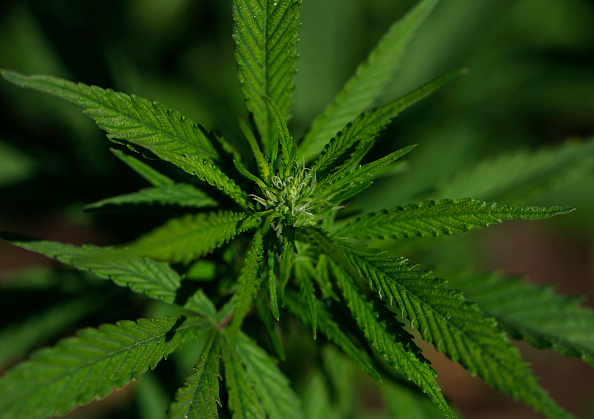New York cannabis ruling could have far-reaching implications

Ever since New York’s unfortunate dispensary mishap at the end of July, the state’s government has gotten backlash on its perceived lack of qualification to run a competent cannabis program. This blunder, in addition to previous licensing and equity issues, has led many to conclude that the state lacks control, despite its relative progress in the weed space. Turns out, the concerns may be right—another major issue has revealed itself as it was found that New York discriminated against out-of-state residents in a recent license application round.
RELATED: Legalization Nation: New York cannabis faces another setback
On Tuesday, a federal appellate court found that New York and the New York Office of Cannabis Management (OCM) acted unconstitutionally by prioritizing applications with convictions under New York law. According to the three-judge Court of Appeals panel, this was a “protectionist measure that cannot stand.”
This lawsuit was filed in December 2023 by Jeffery Jensen, a Beverly Hills attorney who has challenged cannabis social equity laws in New York before. In fact, one of his suits against New York’s OCM and Cannabis Control Board delayed permits being administered around the state. As a result, the state’s planned launch of its $1.5 billion legal market was compromised.
In the December 2023 suit, Jensen argued that New York violated the Constitution’s dormant commerce clause that prohibits states from implementing rules to favor state residents. The OCM argued that the clause doesn’t apply to weed because of its federal illegality—at first, a district judge agreed and dismissed the case. Jensen appealed and eventually found success at the hands of the Court of Appeals, a higher court.
“Congress has given New York no clear permission to favor its residents over others whose businesses skirt the federal drug laws,” wrote Dennis Jacobs, a Court of Appeals judge.
Now, the case will be brought back to the lower court.
Attorneys believe this ruling will be a wake-up call for other states beginning to accept licenses for cannabis businesses, as they will be made to consider the constitutionality of prioritizing state residents. Others believe that the tension between courts may result in the issue being brought to the Supreme Court—an unpredictable and potentially harmful ending.
RELATED: New York open for comment on problematic proposal
To put things simply, New York is struggling with weed. Despite the mayor’s hope of being the “cannabis capital of the globe,” the state seems far from establishing a successful, trouble-free market.